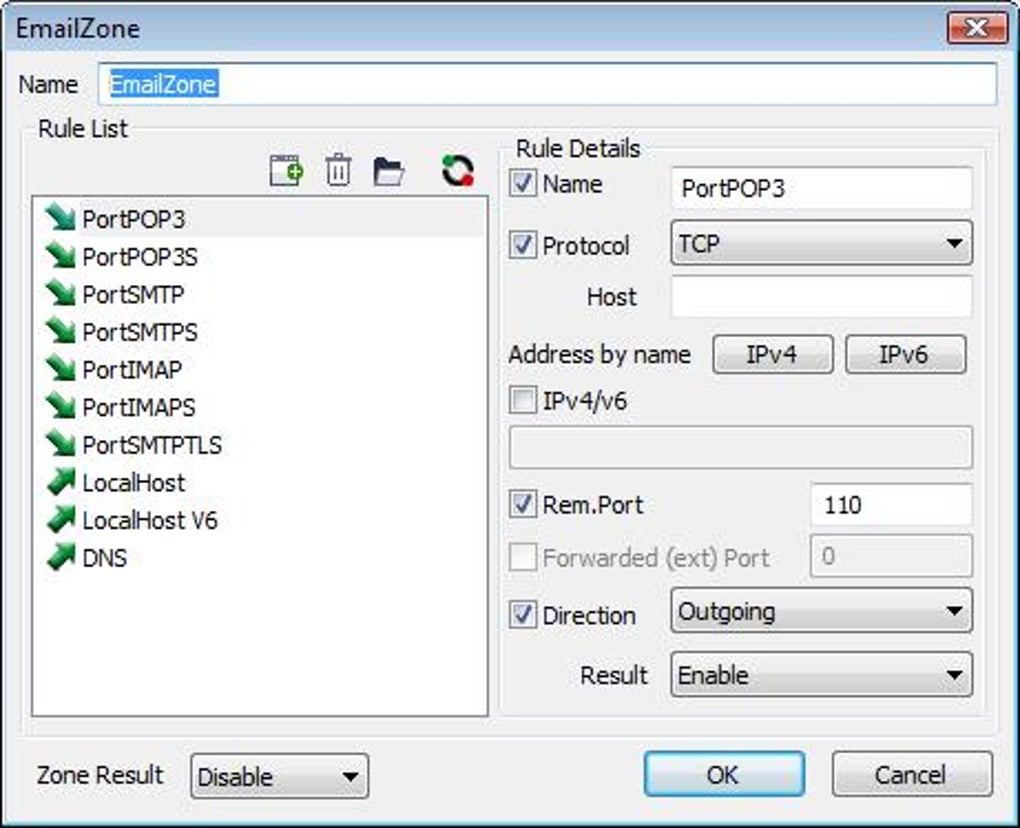

Sensu automatically downloads the files needed to run the checks from an asset repository like Bonsai or a local repo and schedules the checks on each agent. The backend sends specific checks for each agent to execute according to the subscriptions you define in the agent configuration. The Sensu backend is powered by an an embedded transport and etcd datastore. You only need to specify the IP address for the Sensu backend server - you do not need to list the components to monitor in the backend.

Sensu agents are lightweight clients that run on the infrastructure components you want to monitor.Īgents are responsible for creating status and metric events to send to the Sensu backend event pipeline.Īgents automatically register with Sensu as entities when you start them up and connect to the Sensu backend with no need for further provisioning. Instead of provisioning each device, server, container, or sidecar you want to monitor, you install the Sensu agent on each infrastructure component. Sensu works differently from other monitoring and observability solutions. Review supported platforms for more information.

Sensu Go is packaged for Linux, Windows (agent and sensuctl only), macOS (sensuctl only), and Docker. Sensu downloads are provided under the Sensu commercial license. Read Generate certificates next to get the certificates you will need for TLS. If you will deploy Sensu to your infrastructure, we recommend securing your installation with transport layer security (TLS) in addition to using one of our supported packages, Docker images, or configuration management integrations. The workshop includes a local sandbox environment and a collection of resources designed to help new users learn and test Sensu. NOTE: If you’re trying Sensu for the first time, consider following the the Sensu Go workshop instead.


 0 kommentar(er)
0 kommentar(er)
